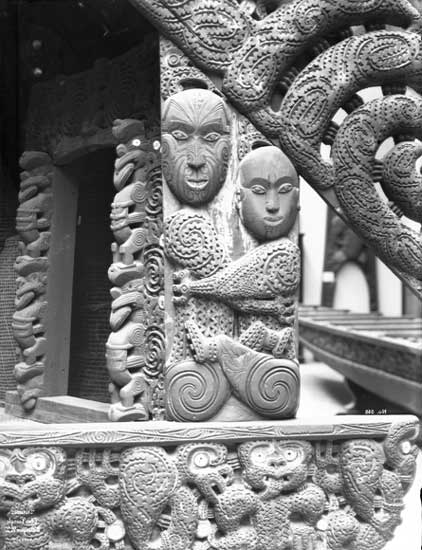J D Stout Research Fellowship
Earlier this week came the official announcement that I had been awarded the John David Stout Research Fellowhip for 2014:
The reference to 1879 is to John Featon's book, The Waikato War, published in that year. In this, the sesquicentennial of the outbreak of the Waikato War, we might ask why the relative historical amnesia with respect to wars fought on our own shores, especially compared with the veritable mountain of works on New Zealand's involvement in various overseas conflicts. Part of the answer might lie in the fact that the Waikato War does not fit into a nation-building paradigm. At one time settlers (but not Maori) celebrated Orakau as the moment when New Zealand developed 'the greatest race relations in the world', through the mutual respect both sides were said to have had for one another. That can no longer be sustained, now that we know about the well-documented atrocities committed by British troops during that conflict. But a new narrative around the wars has yet to emerge, hence the kind of uncomfortable silence. These are questions I hope to explore in my project.
The Stout Research Centre for New Zealand Studies is delighted to announce that the John David Stout Research Fellow for 2014 will be Dr Vincent O'Malley, research director of HistoryWorks Ltd.
Dr O’Malley’s most recent book, The Meeting Place: Maori and Pakeha Encounters, 1642-1840 (2012), was a finalist in the general non-fiction category of the New Zealand Post Book Awards this year. He is the author of four books on relationships between Maori and Crown and Pakeha, in addition to many book chapters and journal articles, and reports for the Treaty of Waitangi settlements processes. During the fellowship, Dr O’Malley will be working on a book on the Waikato War, 1863-4. This was a pivotal turning point in the history of New Zealand, yet no major study has been undertaken since 1879; it is apt that Dr O’Malley will be exploring this subject in the year that marks the sesquicentennial of the final battles of the Waikato War.
The reference to 1879 is to John Featon's book, The Waikato War, published in that year. In this, the sesquicentennial of the outbreak of the Waikato War, we might ask why the relative historical amnesia with respect to wars fought on our own shores, especially compared with the veritable mountain of works on New Zealand's involvement in various overseas conflicts. Part of the answer might lie in the fact that the Waikato War does not fit into a nation-building paradigm. At one time settlers (but not Maori) celebrated Orakau as the moment when New Zealand developed 'the greatest race relations in the world', through the mutual respect both sides were said to have had for one another. That can no longer be sustained, now that we know about the well-documented atrocities committed by British troops during that conflict. But a new narrative around the wars has yet to emerge, hence the kind of uncomfortable silence. These are questions I hope to explore in my project.



Comments
Post a Comment